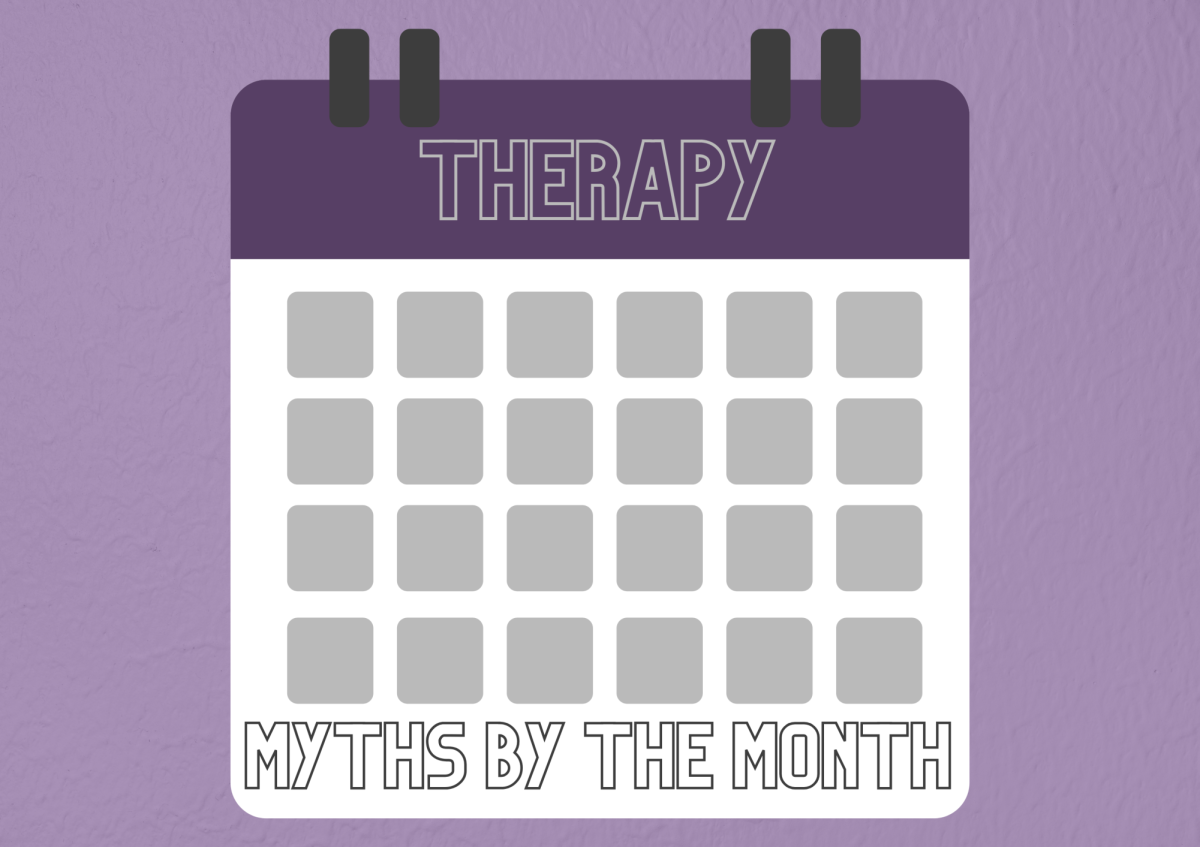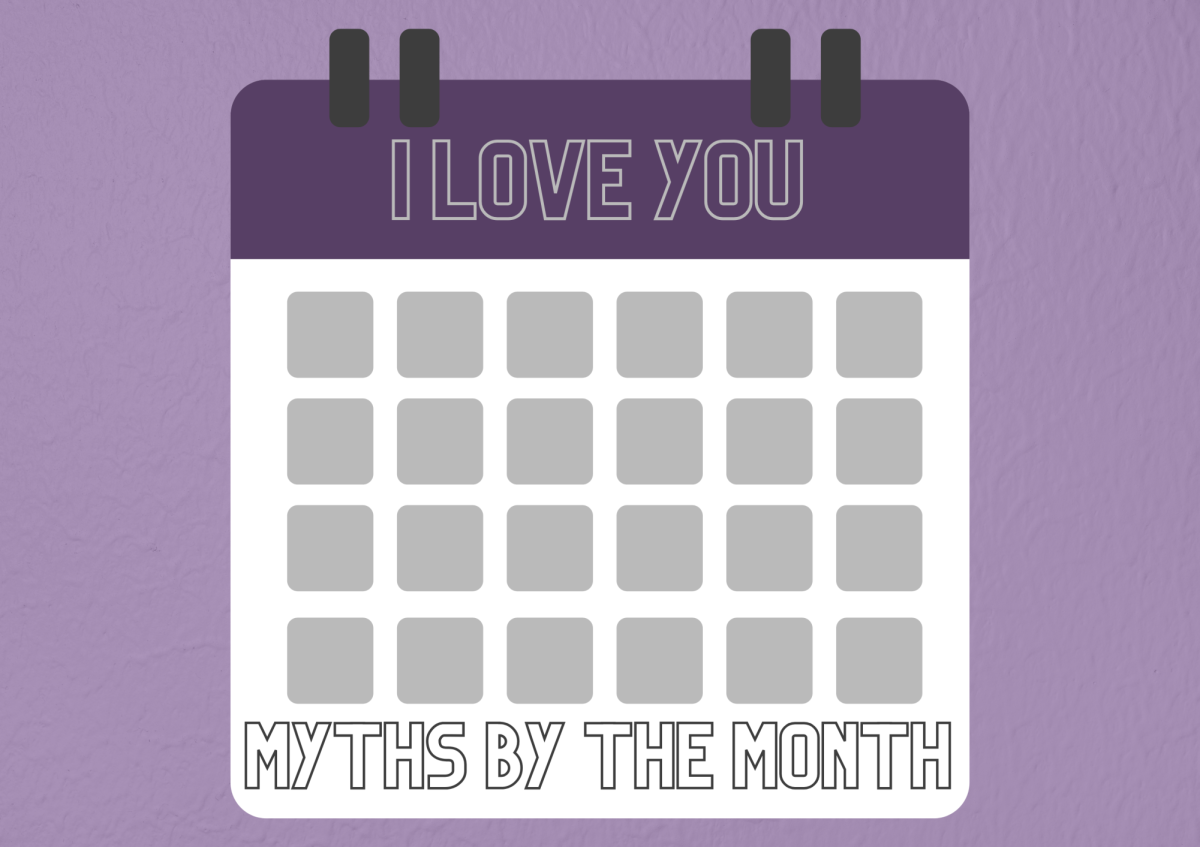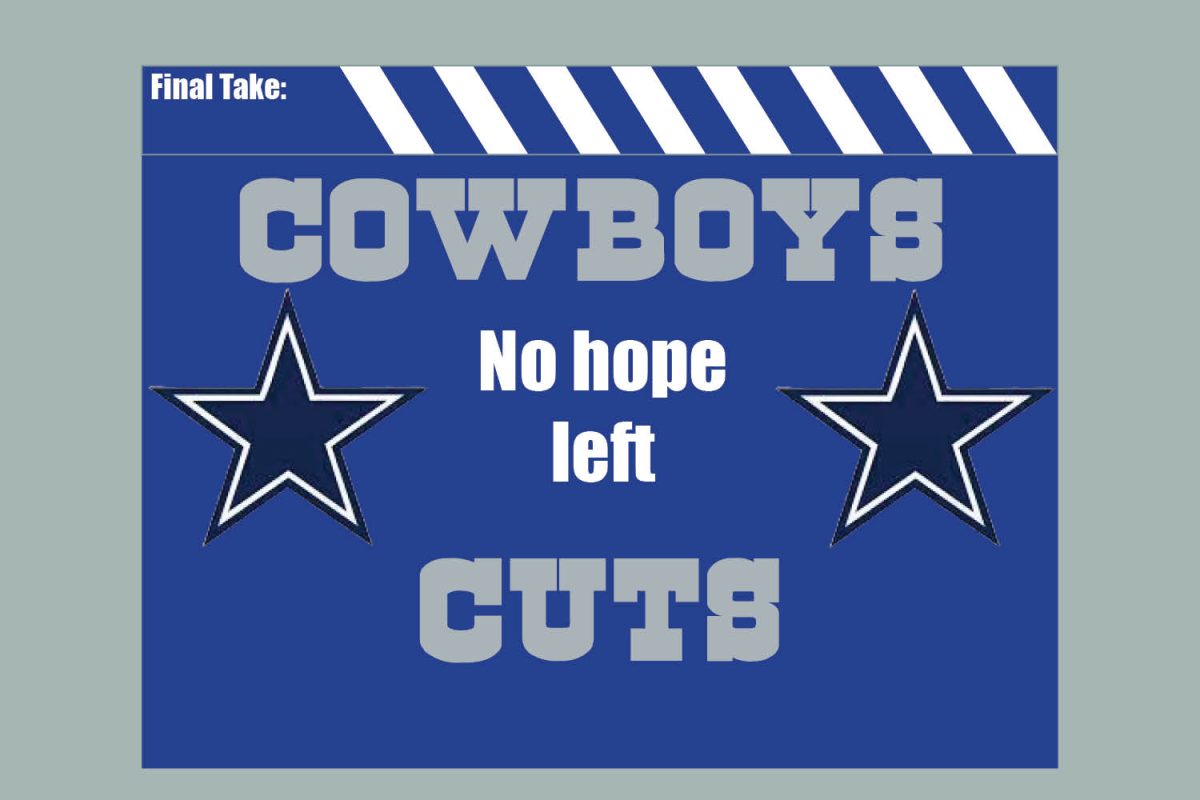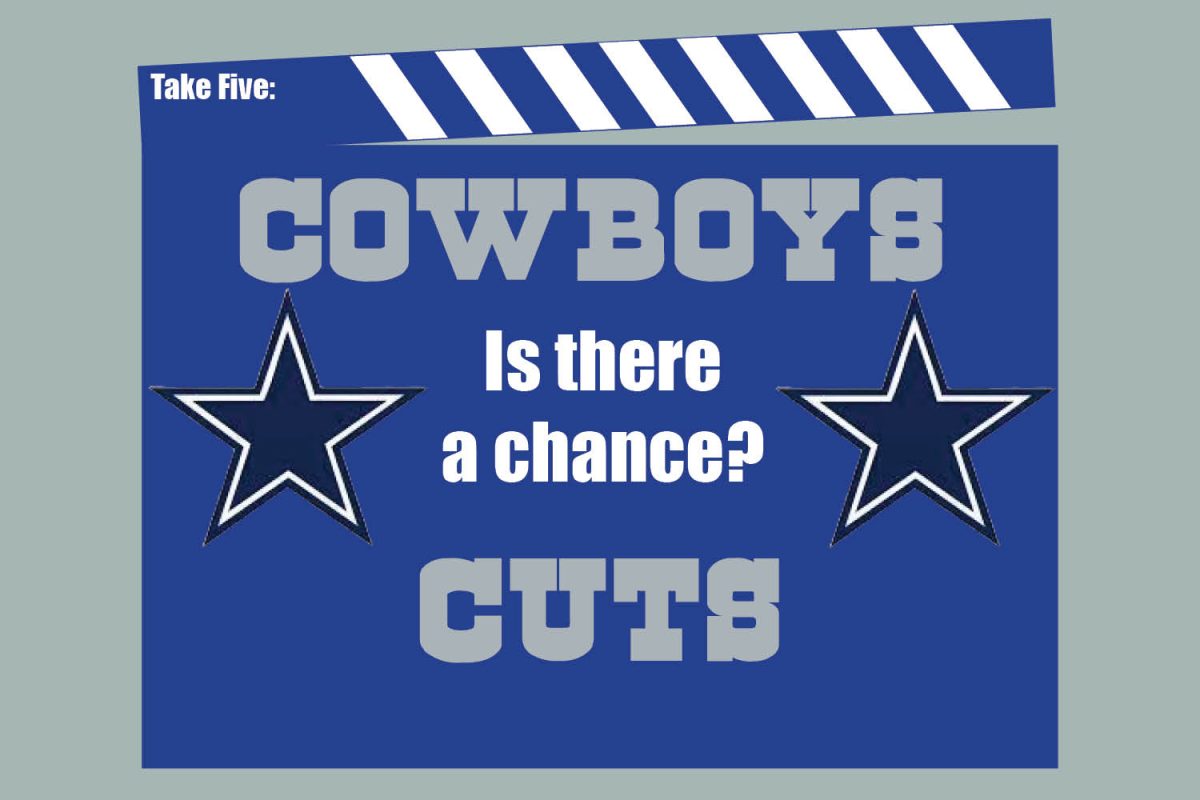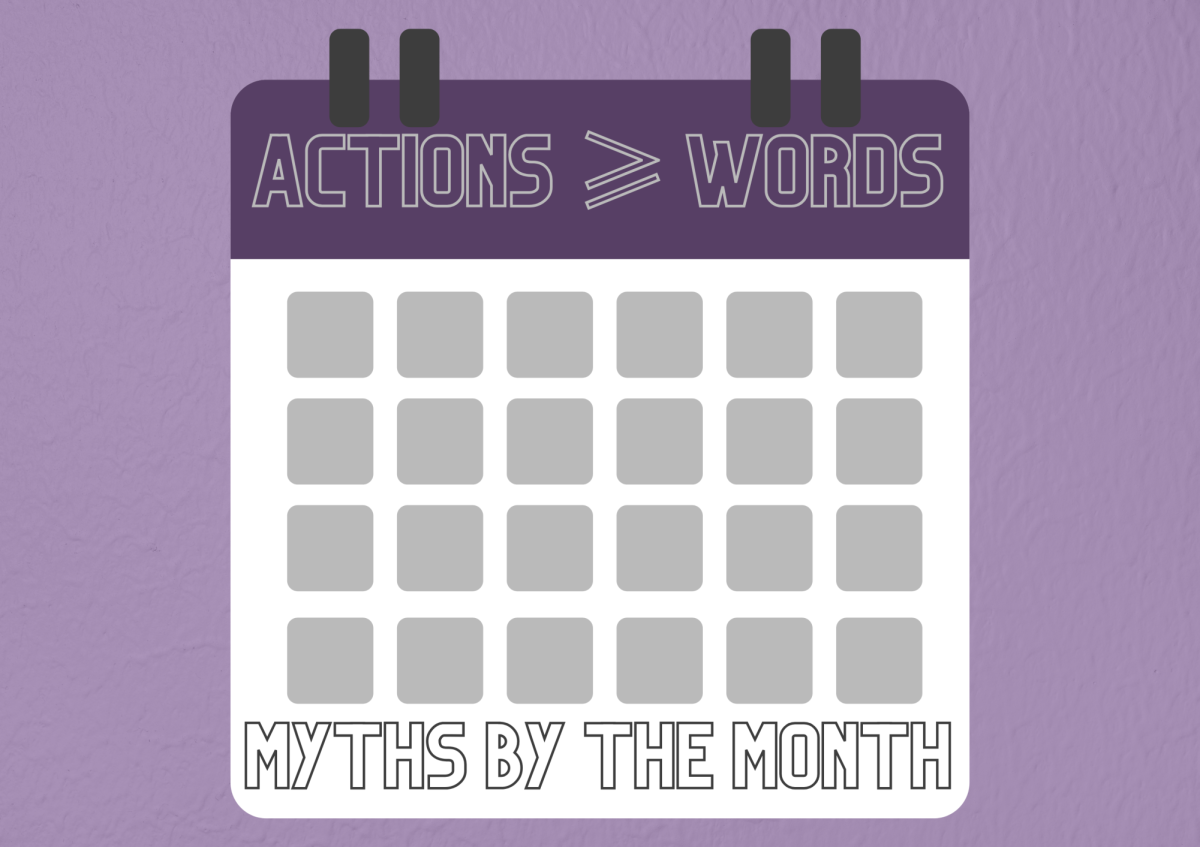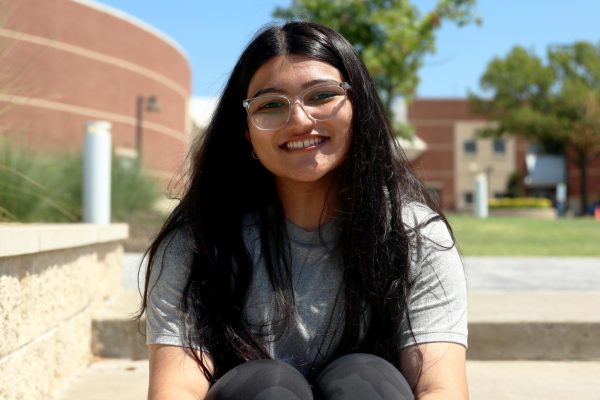November 11, 2020: I made the phone call to my cousins to tell them our grandpa passed away right in front of me. Two weeks later, I sat in the emergency room with my family as more than half of them were diagnosed with COVID-19.
December 23, 2020: I got a phone call telling me that my great uncle had passed. The same happened on January 15, 2021 — just a week before my 14th birthday.
April 20, 2021: My little sister woke me up to tell me my great aunt had passed away.
I’d be rich if I got a dollar every time someone asked me if I had a therapist on speed dial, but mental health wasn’t exactly a topic I could talk about freely growing up.
Being raised in a South Asian household, I never talked about my mental health with my family. Therapy wasn’t even a thought that came up in my mind. Instead of going to an actual therapist, I found comfort in the people who were already a part of my life — my close friends showed me the importance of talking about what I have going on. Looking back, it helped me navigate my grief, but sitting in an office with a licensed therapist — a stranger — was never my way of effectively communicating and coping.
Having a loving and caring family doesn’t automatically mean someone can have open conversations about mental health. I was raised by my family with love in every corner, but I never talked about mental health or considered therapy as an option after being on an endless roller coaster for 18 years. I know that it’s an effective way to help treat mental illnesses, but it wasn’t something I ever considered — partly because of my own fear that my family wouldn’t understand because they didn’t grow up in the same environment.
Mental health ailments are not as noticeable as physical health. It isn’t always right there in front of one’s eyes, but that doesn’t mean it isn’t there at all.
When I fell and scraped my knee, I was handed a Band-Aid to put on it. When I hurt my wrist, I was handed a wrap. When I hurt my knee, I was told to get it checked out by a doctor. No matter what physical injury I had, there was some solution or some generic way to treat it. But, with mental health, I have been different in how I choose to handle myself.
When I was little, the hugs I got after getting hurt helped me more than any medication. Band-Aids don’t always stop the cut from bleeding, but they help keep infections away, and they offer the validation that it’ll be OK. That validation was never a one-on-one paid session with a therapist, but it was many days of talking to people who know me and understand me as I do them.
Even though the Band-Aid in your first-aid box won’t fix a mental illness, having the support of someone who cares enough to help can stop the infection from getting worse.



